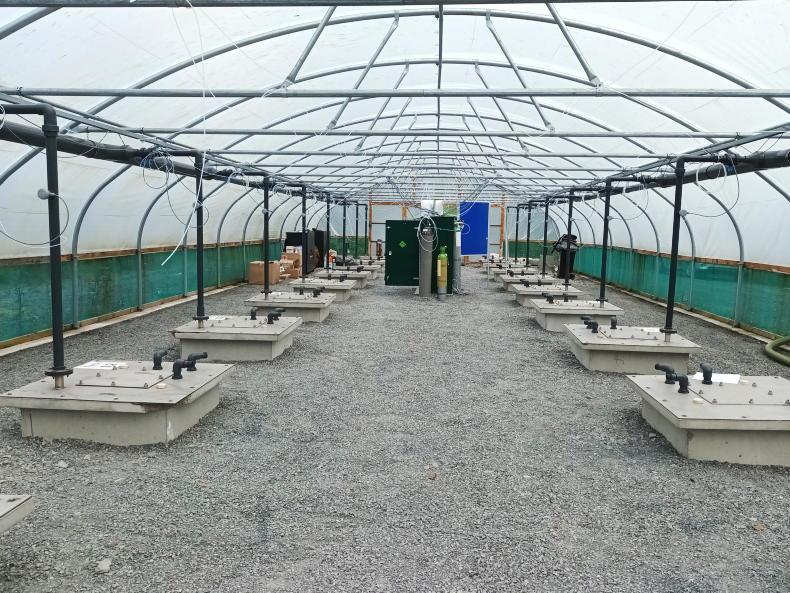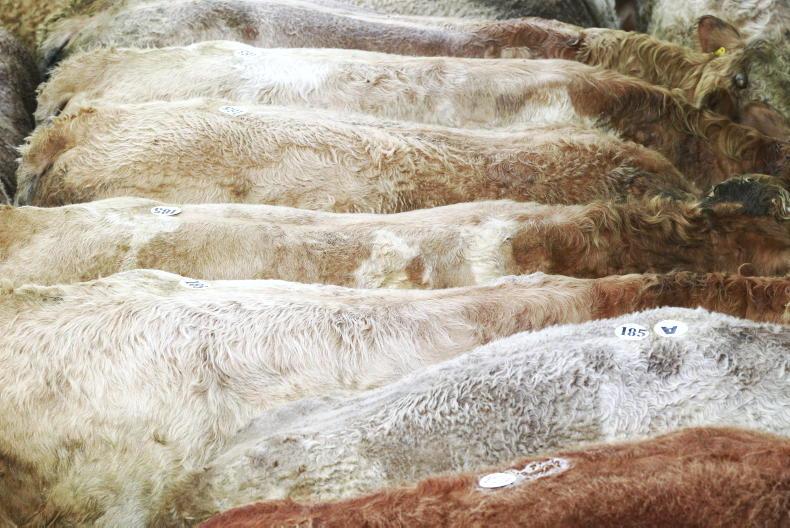UK dairy co-operative Arla has joined forces with some of the country’s retailers to tackle methane emissions.
The joint initiative, called the ‘FarmAhead Customer Partnership’, will see dairy farmers trialling Bovaer, a feed additive that reduces enteric methane emissions from cows.
As part of its initiative, Arla will work alongside retail partners Morrisons and Aldi - and with Tesco on its new Future Dairy Partnership initiative - to highlight how feed additives can be introduced to normal feeding routines.
UK agricultural director at Arla Foods Paul Dover said that reducing methane is a big opportunity when it comes to improving our carbon footprint at farm level.
“Feed additives like Bovaer have huge potential in helping us tackle this issue.
“Bringing partners together from across the food and grocery industry in this kind of initiative highlights the support there is for British farmers in transitioning to more sustainable farming methods.”
Emissions
The new project, which will also involve around 30 of Arla’s farmers, aims to provide a better understanding of how these feed additives can be rolled out across a larger group of farmers.
Research from the University of Aarhus in Denmark found that depending on feed and cow management systems, Bovaer can reduce emissions from cattle by 27%.
As part of its ongoing commitment to reducing the impact of dairy production, Arla has ambitious science-based targets, including reducing CO2e emissions from scope 3 by 30% by 2030.
In a joint comment, Morrisons, Aldi and Tesco said: “We have the ability to address some of the climate challenges facing our food system. It is this collective approach that is really going to make a difference. Being involved in using a feed additive is a great way of testing out where we can drive change at scale to bring down emissions.”
Scale
Dover added that the trial will provide a more practical understanding of how to scale the use of feed additives, how it affects farm operations and the opportunity to work more collaboratively with the feed industry.
“Rolling them out at scale will not be easy due to the cost involved, so it’s important we understand more about their usage potential and then work together with the industry, government and our partners to support farmers if we want to harness the opportunity they present in driving down emissions,” he said.
Arla farmer Andrew Barraclough, who is using Bovaer, said that feed additives have a lot of potential in helping us to reduce emissions, but they can be expensive, which adds to the overall cost in producing milk.
“Farmers are trying to accelerate the transition to more sustainable dairy farming, but we can’t do it alone,” Barraclough said.
“It’s why collective initiatives like this between Arla and its customers are so important for farmers. We need the wider industry to come together and support us if we are going to drive change.”









SHARING OPTIONS